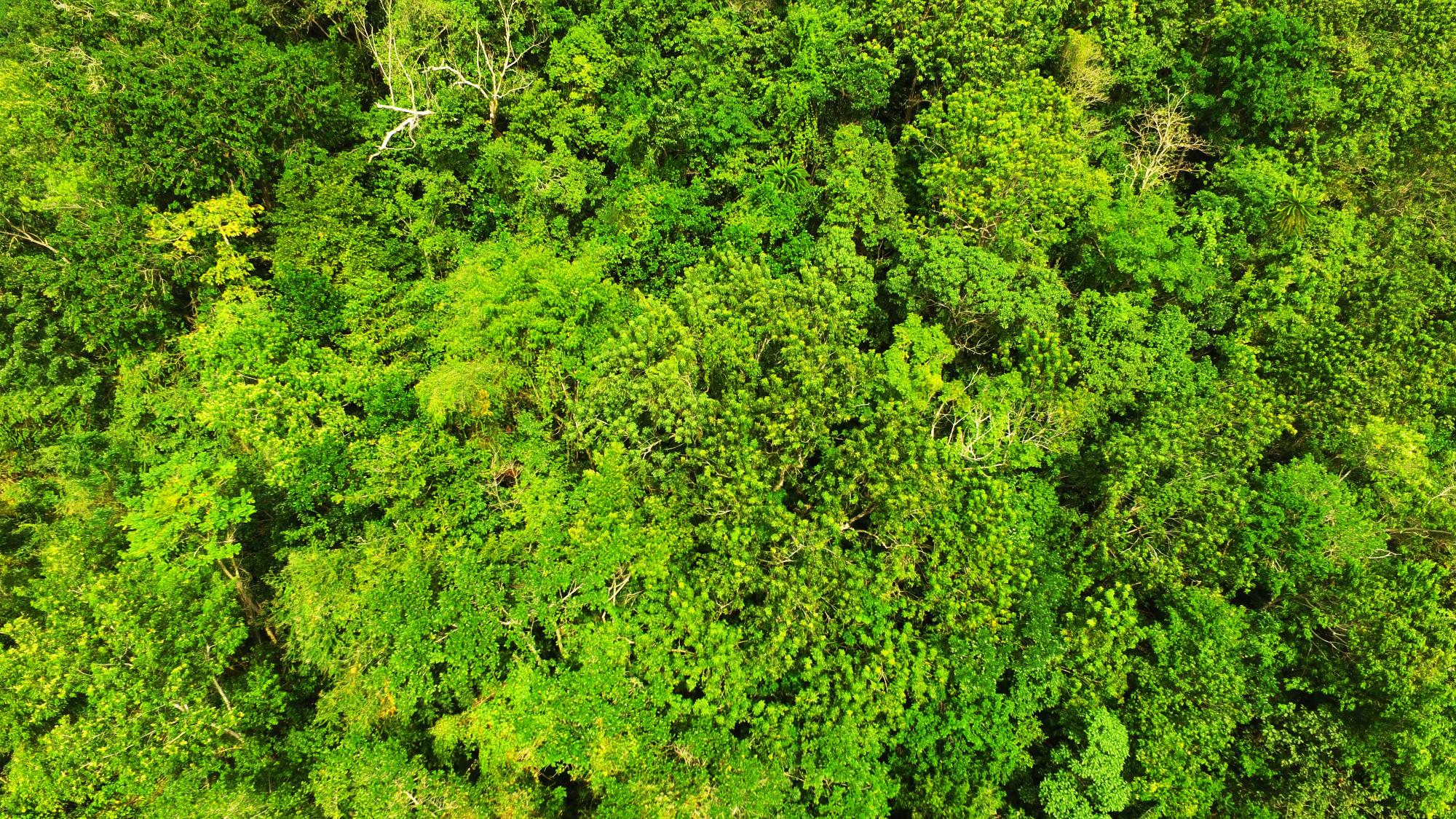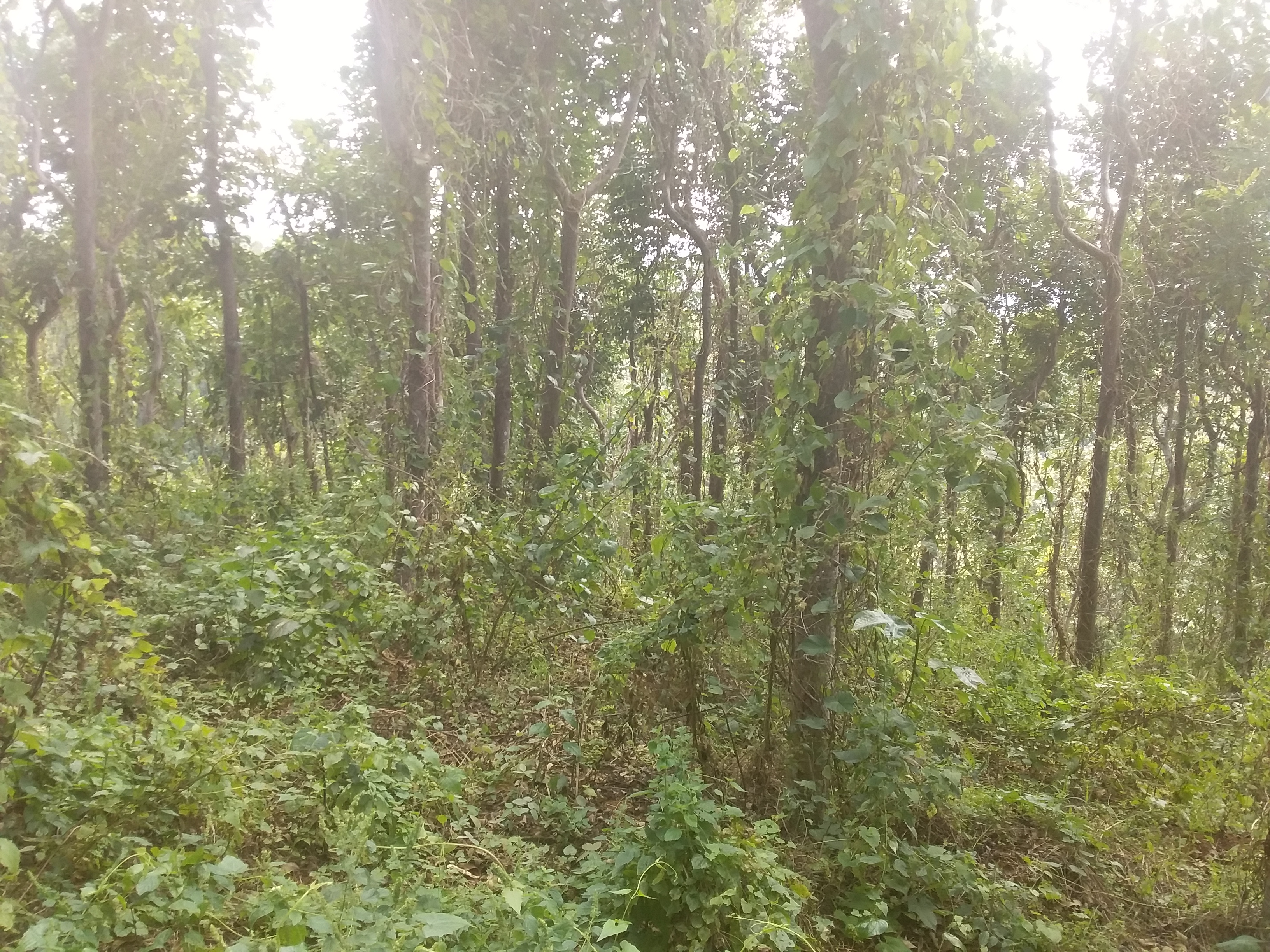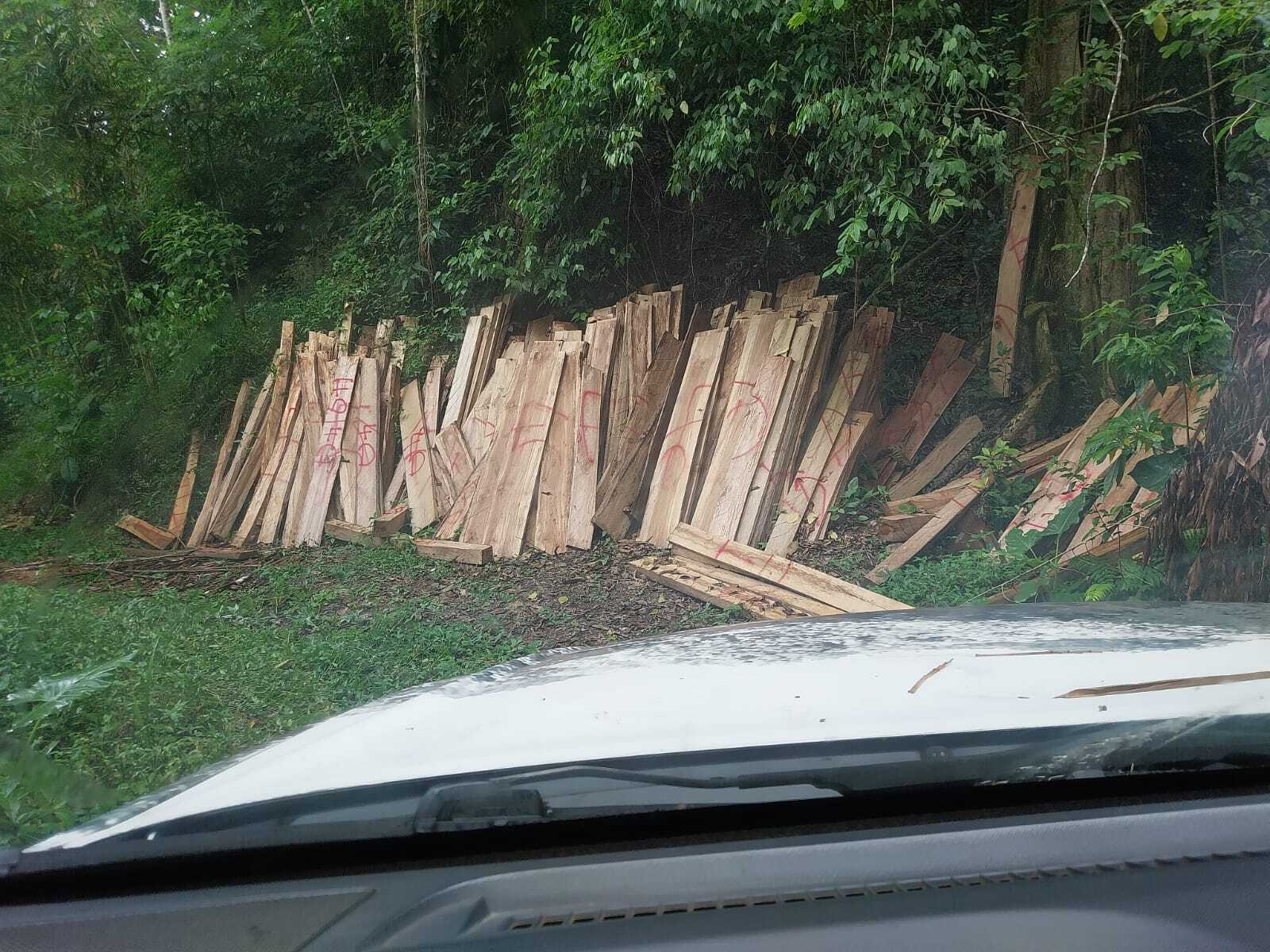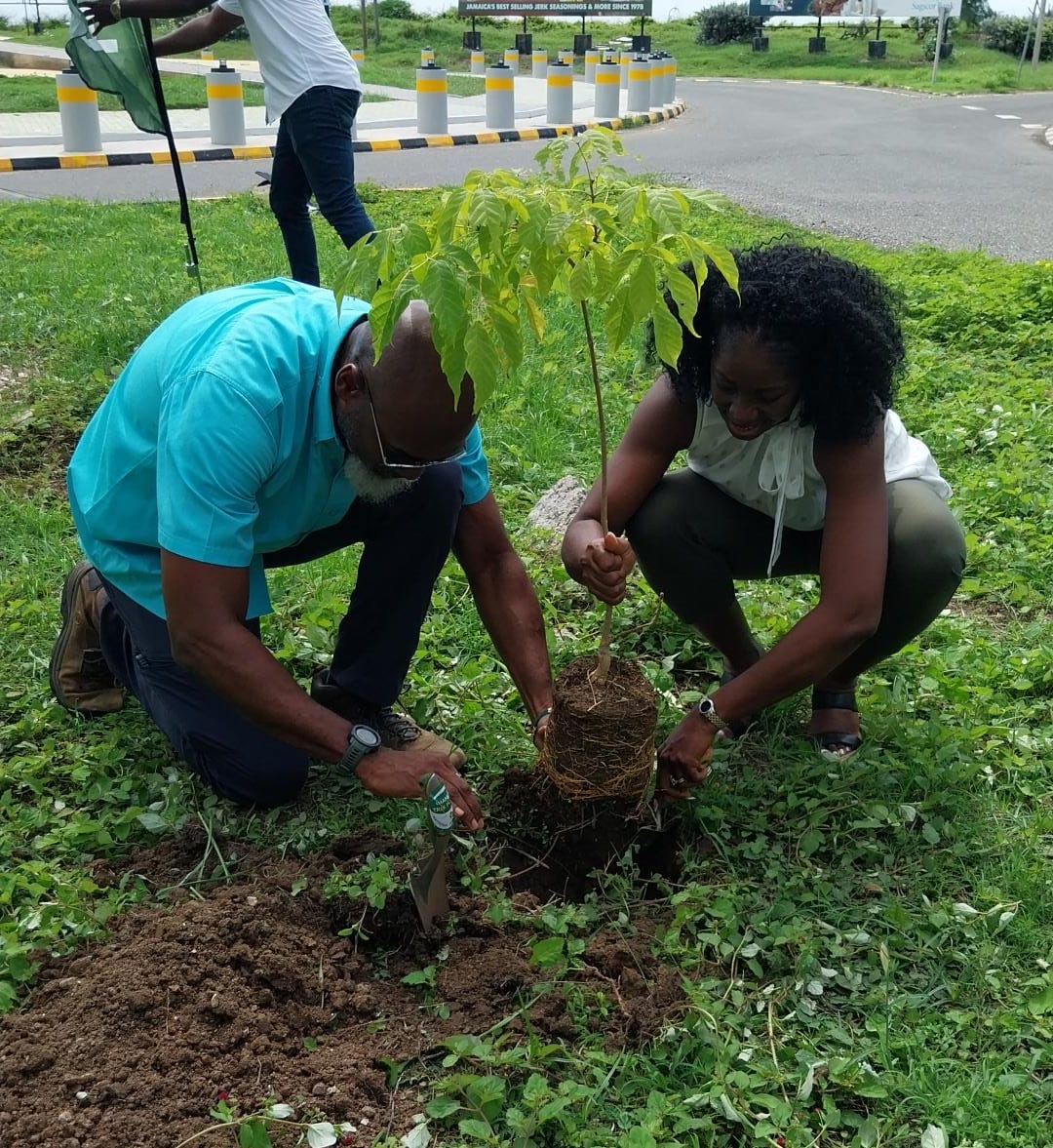Manchester Man Plants 2000 Bitter Damsel Trees
Do you know the saying, ‘necessity is the mother of invention’? Well, this statement proved true for Martin Brown, a Manchester farmer who has planted a mini forest, out of his need to provide yam sticks for his farm.
In the 1990s, yam sticks became scarce and it was during that decade that Mr. Brown had the brilliant idea to plant trees to use as 'live' yam sticks on his farm. When he first got the idea, he started the experiment with the Trumpet Tree but he soon discovered that it had too many roots that could potentially harm his crops. He then tried and struck gold with the Bitter Damsel tree which has one main root.
Fast forward to over 25 years later, he has a mini forest of 2000 Bitter Damsel trees on his farm in Glasgow Manchester and he has no regrets, except maybe he should have started earlier.
“This is the best decision I have made and I am reaping the benefits. Not only am I saving money I would have spent to buy yam sticks but the litter from the trees serve as mulch which nourishes the crops and I am seeing better yield as a result,” Mr. Brown said.
Mr. Brown is grateful to the Forestry Department who provided 300 Bitter Damsel seedlings for planting under its Private Forestry Programme (PFP). As the trees grew, they produced seedlings that helped him to plant out his over seven (7) acre property. The abundant supply of seedlings generated by his trees allowed him to supply Bitter Damsel seedlings to the Agency.
The PFP encourages private landowners and other entities to plant trees on parcels of land not currently under productive use for commercial, recreation or conservation purposes and to assist in mitigating against the effects of climate change.
“I am truly grateful that I was able to benefit from the programme and I am still benefiting because from time to time persons from the Agency visit my property and give me technical advice,” Mr. Brown shared.
Meanwhile, the method that Mr. Brown has adopted, though not new, is not widely practiced especially on such a large scale in Jamaica. Agroforestry, as it is known, is a type of land use which involves trees grown with agricultural crops and/or animals.
In addition to leaf litter that enriches the soil, the trees protect the soil from the impact of raindrops and the tree roots hold the soil in place, and increases the amount of water the soil can absorb and thus reduce run-off and soil erosion.
When asked if the trees pose threat to his crops, Mr. Brown said no, adding that he prunes once a year to ensure that air passes through the farm.
With all the benefits he has been reaping, Mr. Brown could not help but share with fellow farmers in the community which saw some of them adopting the method, only on a smaller scale.
Mr. Brown's success story has moved beyond the borders of Glasgow, and has led representatives from organizations such as the National Environment and Planning Agency, United States Agency for International Development and the University of the West Indies to his farm to do soil testing among other experiments.
"The Forestry Department and the Rural Agricultural Development Authority also come by and they use my farm as an example of good agroforestry practice. The Forestry Department often take students here to tour the farm so they can see the practice firsthand and then they talk to them about the benefits of trees and forests," Mr. Brown shared.
Since this year, Mr. Brown says that four schools have visited his farm, namely May Day High, Spaulding High, Bishop Gibson High and DeCarteret College. He says that students from DeCarteret College visits every year and he normally prepares lunch for them to enjoy after the tour.
Mr. Brown is encouraging other farmers to devise environmentally friendly alternatives and sustainable practices that will not harm the natural environment but will further enrich and contribute to its conservation.







